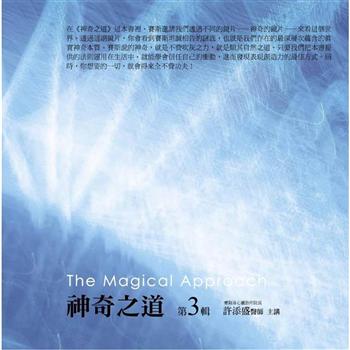Restorative justice is a way of doing justice in which the focus is on restoring the damage caused by a crime. This involves not only restoring material and immaterial damage, but also restoring relational and moral damage. This is best achieved through processes that enable all stakeholders to engage in a dialogue and reach agreements on restoration. This could include victim-offender-mediation as well as conference models that also involve the community.
In his inaugural address, Jacques Claessen sets out why he sees restorative justice - unlike criminal justice - as an emancipated and mature approach to crime, both in terms of distributive and procedural justice. Drawing on the Golden Rule (’Treat another as you would like to be treated yourself’) and the accompanying view of mankind and the world, he shows that the retribution of evil with evil that is central to criminal law, should be replaced by the retribution of evil with good as much as possible. In this context, he sees an important role for restorative justice.
| FindBook |
有 1 項符合
Restorative Justice: The Art of an Emancipated Crime Approach的圖書 |
 |
Restorative Justice: The Art of an Emancipated Crime Approach 作者:Claessen 出版社:Eleven International Publishing 出版日期:2023-03-27 語言:英文 規格:平裝 / 37頁 / 普通級/ 初版 |
| 圖書館借閱 |
| 國家圖書館 | 全國圖書書目資訊網 | 國立公共資訊圖書館 | 電子書服務平台 | MetaCat 跨館整合查詢 |
| 臺北市立圖書館 | 新北市立圖書館 | 基隆市公共圖書館 | 桃園市立圖書館 | 新竹縣公共圖書館 |
| 苗栗縣立圖書館 | 臺中市立圖書館 | 彰化縣公共圖書館 | 南投縣文化局 | 雲林縣公共圖書館 |
| 嘉義縣圖書館 | 臺南市立圖書館 | 高雄市立圖書館 | 屏東縣公共圖書館 | 宜蘭縣公共圖書館 |
| 花蓮縣文化局 | 臺東縣文化處 |
|
|
圖書介紹 - 資料來源:博客來 評分:
圖書名稱:Restorative Justice: The Art of an Emancipated Crime Approach
內容簡介
|











